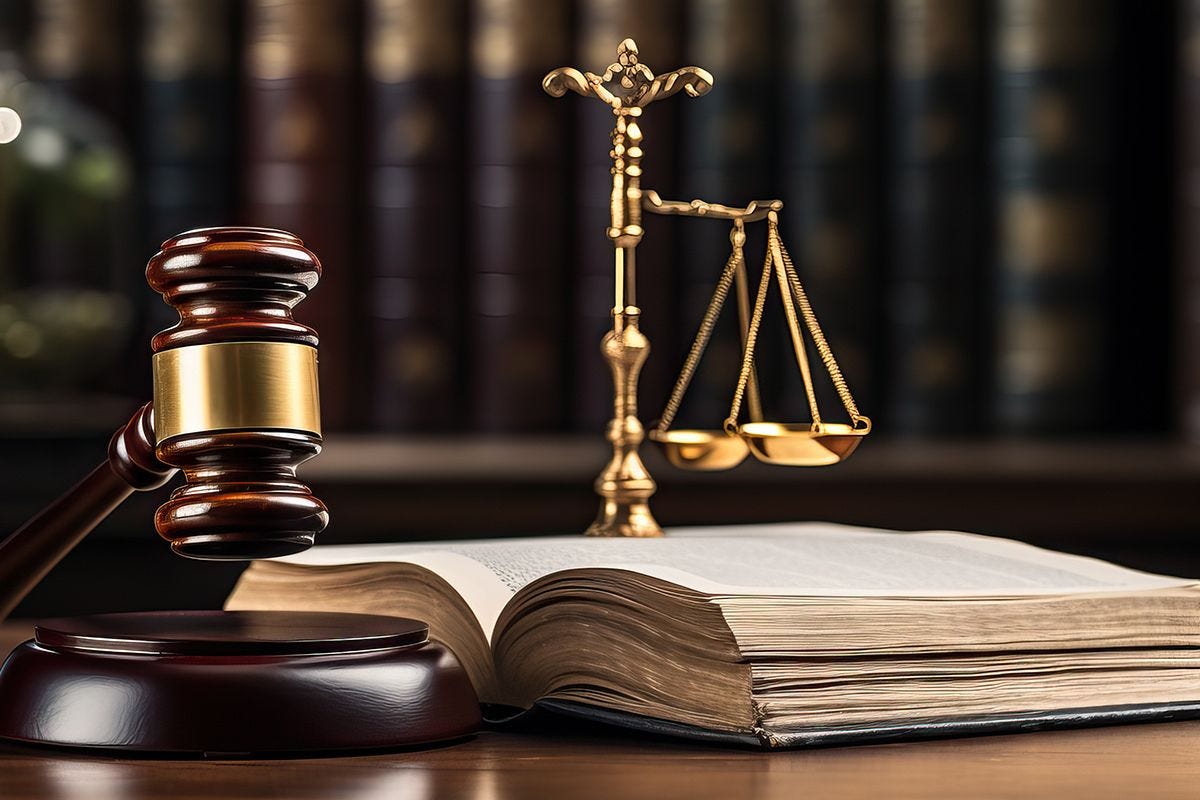In the realm of higher education, where learning meets accountability, the unfolding saga of the c.w. park usc lawsuit has captured widespread attention. This legal battle, centered around issues of liability and institutional responsibility, holds profound implications not just for the University of Southern California (USC) but for the broader landscape of academic governance and integrity.
The Genesis of the Lawsuit
The c.w. park usc lawsuit stems from allegations of misconduct and negligence within USC’s educational practices. It underscores a critical examination of how universities handle allegations of misconduct, particularly in sensitive areas like student welfare and academic integrity. The lawsuit, initiated by plaintiffs alleging harm and seeking redress, has sparked a contentious legal debate over the boundaries of institutional liability and the duty of care owed to students and stakeholders.
Impact on Stakeholders
As judicial proceedings advance, stakeholders within and beyond the USC community are closely monitoring developments. The outcomes of this case are poised to influence not only USC’s policies and practices but also broader perceptions of academic institutions’ accountability. Students, faculty, alumni, and prospective applicants are all stakeholders with vested interests in the case’s outcome, as it could shape future institutional policies and public trust in higher education.
Shaping Future Policies and Perceptions
Beyond the courtroom, the repercussions of the c.w. park usc lawsuit are likely to reverberate across the educational landscape. It serves as a poignant reminder of the importance of transparency, accountability, and a steadfast commitment to addressing systemic issues within educational institutions. Institutions nationwide may find themselves revisiting and reinforcing policies related to student safety, academic oversight, and institutional governance in response to the case’s findings.
The Evolving Educational Landscape
In an era where public scrutiny of educational institutions is heightened, the c.w. park usc lawsuit underscores the evolving expectations placed upon universities. The public and regulatory scrutiny accompanying such cases underscores the need for universities to uphold rigorous standards of conduct and accountability. As the legal proceedings unfold, stakeholders are reminded of the enduring importance of fostering a culture of responsibility and ethical leadership within academia.
Looking Ahead
As we navigate the complexities of the c.w. park usc lawsuit, it serves as a pivotal moment for reflection and reform within higher education. Beyond the legal intricacies, the case prompts us to consider broader questions of institutional integrity, student welfare, and the societal role of universities. Whether through policy reforms, public dialogue, or institutional reforms, the outcome of this lawsuit will undoubtedly shape the future trajectory of educational governance and accountability.
Conclusion
In conclusion, the c.w. park usc lawsuit is more than a legal dispute—it is a catalyst for introspection and reform within higher education. As stakeholders remain engaged and informed, they play a crucial role in shaping the future of academic accountability. By advocating for transparency, upholding ethical standards, and prioritizing student welfare, universities can reaffirm their commitment to fostering a vibrant and responsible educational environment.
As the story continues to unfold, let us remain vigilant, informed, and proactive in our pursuit of a more accountable and equitable higher education system.
